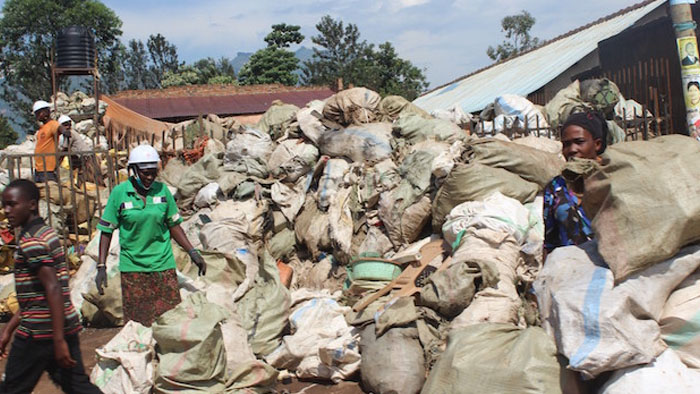(3 minutes read)
According to the UN’s Environment Programme, it is possible to reduce plastic waste by 80% by 2040 using existing technologies coupled with new reusing and recycling techniques. Hundreds of tonnes of waste are dumped every day across the world, leading to environmental degradation
According to the UN’s Environment Programme, it is possible to reduce plastic waste by 80% by 2040 using existing technologies coupled with new reusing and recycling techniques. Hundreds of tonnes of waste are dumped every day across the world, leading to environmental degradation. Between 1950 and 2017, 9.2 billion tonnes of waste has been produced. Of that, 7 billion tonnes have been dumped in landfills or waste mountains. Most of the waste is in the form of plastics, which are not biodegradable.
According to the National Institutes of Health in America, most of the polymers and plastics in landfills remain unchanged. They may degrade via some processes into fragments that either remain as produced or biodegrade to gaseous products such as carbon dioxide and methane.
Now the focus is on not only producing biodegradable alternatives to plastics but also evolving technologies that can begin to get rid of the waste, which have been already generated. Scientists are looking at a range of technologies that can dramatically cut the amount of plastic waste we humans produce. These can be biological technologies, such as using microorganisms like bacteria in this soil sample to eat away the plastic.
Read Also:
https://trendsnafrica.com/undp-pledges-an-80-reduction-of-plastic-pollution-in-africa-by-2040/
https://trendsnafrica.com/adopt-a-beach-an-initiative-to-combat-plastic-pollution-on-tunisian-coast/
Once these technologies are developed, they may come to the rescue of African countries, which also face the challenges emanating from the overuse of non-biodegradable plastics.





